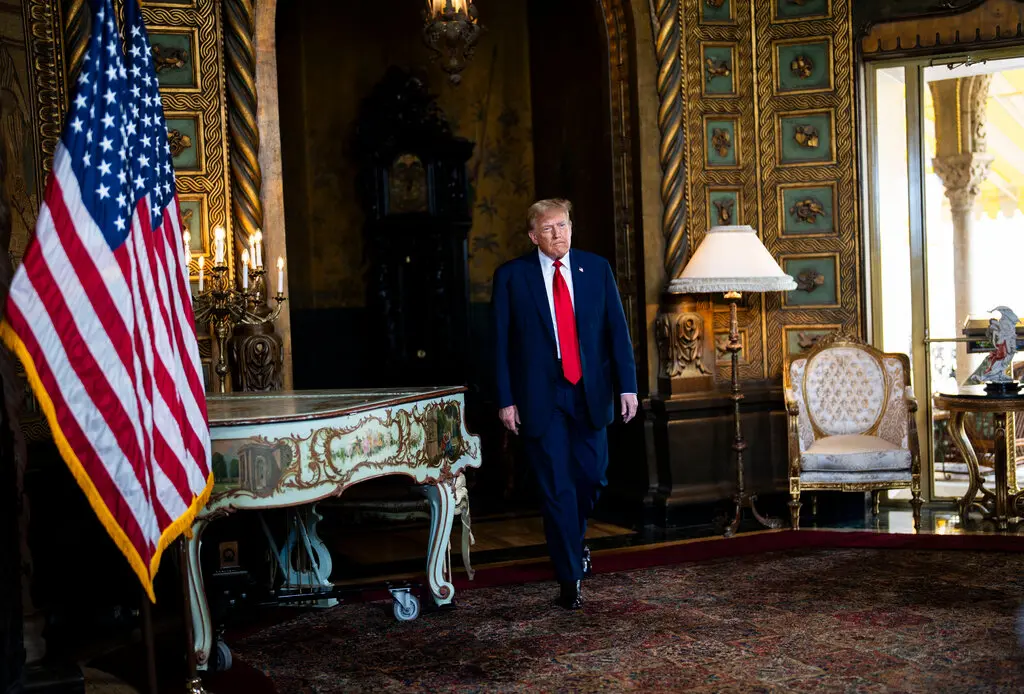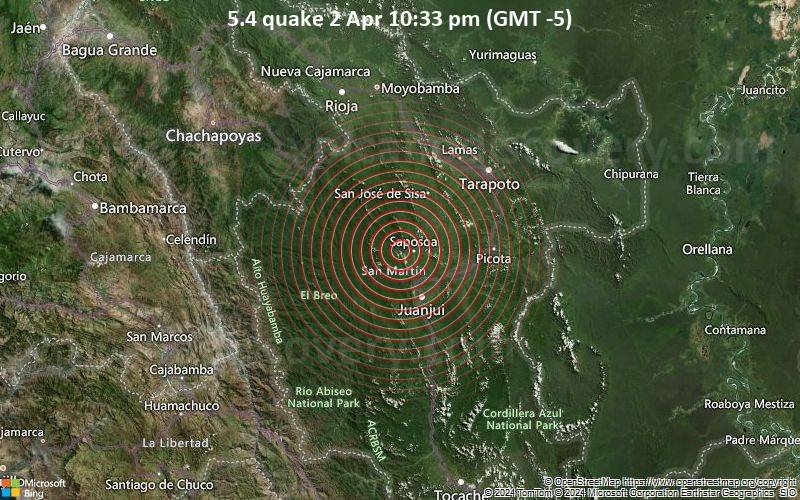The 14th Amendment’s insurrection clause is being used in the Trump Colorado case to challenge the former president’s eligibility to appear on the ballot for the 2024 presidential election. The clause, which is found in Section 3 of the 14th Amendment, prohibits those who have taken an oath to support the Constitution of the United States from holding office if they have then “engaged in insurrection or rebellion against the same, or given aid or comfort to the enemies thereof.”
In the Trump Colorado case, a group of Colorado voters argued that Trump should be disqualified from the ballot based on this provision, claiming that he had engaged in insurrection. The case was brought after a Colorado trial judge ruled that Trump had engaged in insurrection but accepted his argument that Section 3 did not apply to the president or to the office of the president. The Colorado Supreme Court affirmed this ruling, and the case was then appealed to the Supreme Court.
The Supreme Court’s decision in the case was unanimous, with all nine justices agreeing that individual states may not bar candidates for the presidency under the 14th Amendment’s insurrection clause. However, the court’s majority opinion, which was unsigned, also stated that Congress must act to give Section 3 force and that detailed federal legislation is required to determine who is disqualified under the provision.
The court’s three liberal members, Justices Sonia Sotomayor, Elena Kagan, and Ketanji Brown Jackson, expressed their dismay at what they saw as the majority’s overreach in a joint concurring opinion. They criticized the majority for deciding “novel constitutional questions to insulate this court and petitioner” and for “shutting the door on other potential means of federal enforcement.”
Despite these concerns, the Supreme Court’s decision in the Trump Colorado case has set an important precedent for the use of the 14th Amendment’s insurrection clause in future cases. It remains to be seen how this provision will be applied in future elections and political contests, but the Trump Colorado case has established a legal foundation for its use in challenging the eligibility of candidates for federal office.
History of the 14th Amendment, Section 3
The 14th Amendment to the United States Constitution, which was ratified in 1868, includes a provision in Section 3 that prohibits individuals from holding public office if they have engaged in insurrection or rebellion against the United States or given aid or comfort to its enemies. This provision, known as the insurrection clause, was included in the 14th Amendment as part of the Reconstruction Amendments, which were designed to rebuild the country and guarantee equal protection and due process under the law in the aftermath of the Civil War.
The insurrection clause was intended to prevent individuals who had supported the Confederacy during the Civil War from holding public office. The clause states that “no person shall be a Senator or Representative in Congress, or hold any office, civil or military, under the United States, or under any State, who, having previously taken an oath, as a member of Congress, or as an officer of the United States, or as a member of any State legislature, or as an executive or judicial officer of any State, to support the Constitution of the United States, shall have engaged in insurrection or rebellion against the same, or given aid or comfort to the enemies thereof.”
The insurrection clause has been invoked only a few times in U.S. history. One notable example occurred during the post-Civil War era, when several former Confederate officials were barred from holding public office under the provision. In more recent years, the provision has been discussed in the context of the January 6, 2021, attack on the U.S. Capitol, with some lawmakers suggesting that those involved in the attack could be barred from holding public office under the insurrection clause.
However, the insurrection clause has not been widely used in modern times, and its application in specific cases can be complex and contentious. The Supreme Court’s decision in the Trump Colorado case, which upheld the use of the insurrection clause in challenging a candidate’s eligibility for the presidency, has set an important legal precedent for its use in future cases. Nevertheless, the clause remains a relatively obscure and infrequently invoked provision of the 14th Amendment, and its use in future cases will likely continue to be a subject of debate and discussion.
What is an insurrection?
An insurrection refers to an organized and usually violent act of revolt or rebellion against an established government or governing authority of a nation-state or other political entity by a group of its citizens or subjects. It involves challenging or overthrowing the existing government through forceful means. An insurrection may lead to a revolution, which signifies a radical change in the form of government or political system within a state. Such acts of insurrection can be initiated or provoked by sedition, which is an incitement to revolt or rebellion.
In the aftermath of the January 6, 2021, attack on the United States Capitol, supporters of Donald Trump stormed the Capitol building, leading to widespread condemnation and legal consequences. In the United States, insurrection against the federal government is a crime under 18 U.S. Code §2383. This statute stipulates that anyone who incites, assists, or engages in rebellion or insurrection against the authority of the United States may face fines and imprisonment (up to ten years) and be incapable of holding any office under the United States.
Furthermore, federal law grants the president of the United States the authority to employ the armed forces and nationalized state militias to suppress insurrections against state governments upon request from the state legislature or governor. The president can also intervene to prevent civil disturbances that interfere with the enforcement of federal laws or deprive citizens of their constitutional rights.





